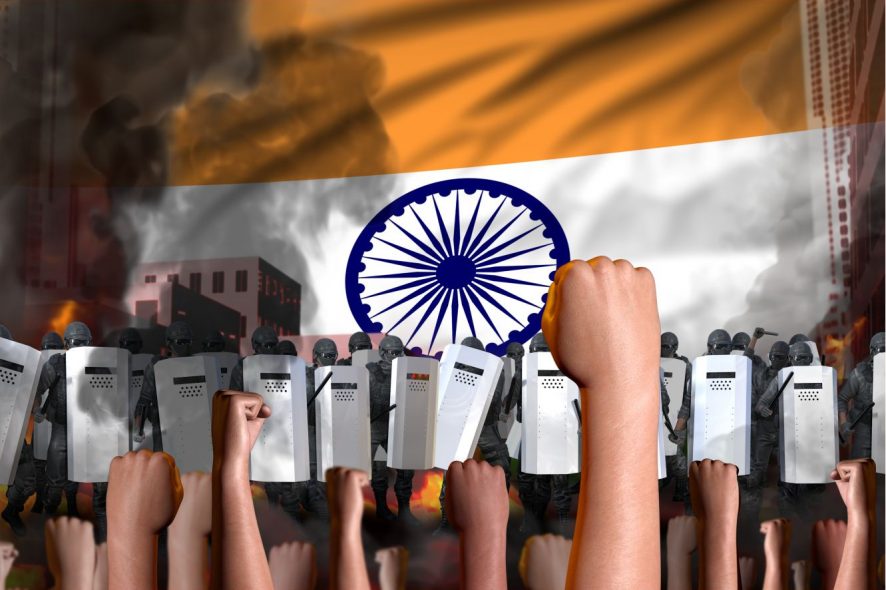Introduction
The most notable anti-governmental protests have sparked across the streets of “Europe’s Last Dictatorship” as Belarusian citizens have been peacefully demonstrating against the allegedly manipulated August 2020 Presidential elections, rampant police brutality and the inhuman treatment meted out to the detainees by the State machinery. These protests have become one amongst many amplifying demonstrations that various establishments across the world are grappling with along side the constant threat of the coronavirus pandemic. The right to protest is the expression of the protester of showing dissent against the authority.
The United Nations Human Rights Committee, coincidentally at a propitious time, adopted General Comment No. 37 on Article 21 of the International Covenant on Civil and Political Rights1 (hereinafter, “Iccpr”) that enshrines the right to peaceful assembly. The general comment reinstated the responsibility of law enforcement State agencies to protect and enable these peaceful demonstrations2 and the non-usage of “indiscriminate use of firearms” except a minimal force to curb an escalated tension3. The UN Committee has thus held the right to protest, whether offline or online, as a vital human right4 well protected by the principles of international law, particularly the Iccpr and various other regional human rights conventions.
This article attempts to provide a comparative analysis with respect to the legal principle of the right to protest in two distinctive jurisdictions, India and Belarus as analogous agitations against the ruling dispensation have been observed in both the countries.
To read the full text of the article, click here.
Note: This article was first published in Practical Lawyer (2020) PL (HR) November 71. It has been reproduced with the kind permission of Eastern Book Company.
* BA LLB, 5th year and Student Coordinator
** BA LLB, 2nd-year Member, RGNUL, Centre for Advanced Studies in Human Rights (CASIHR)






